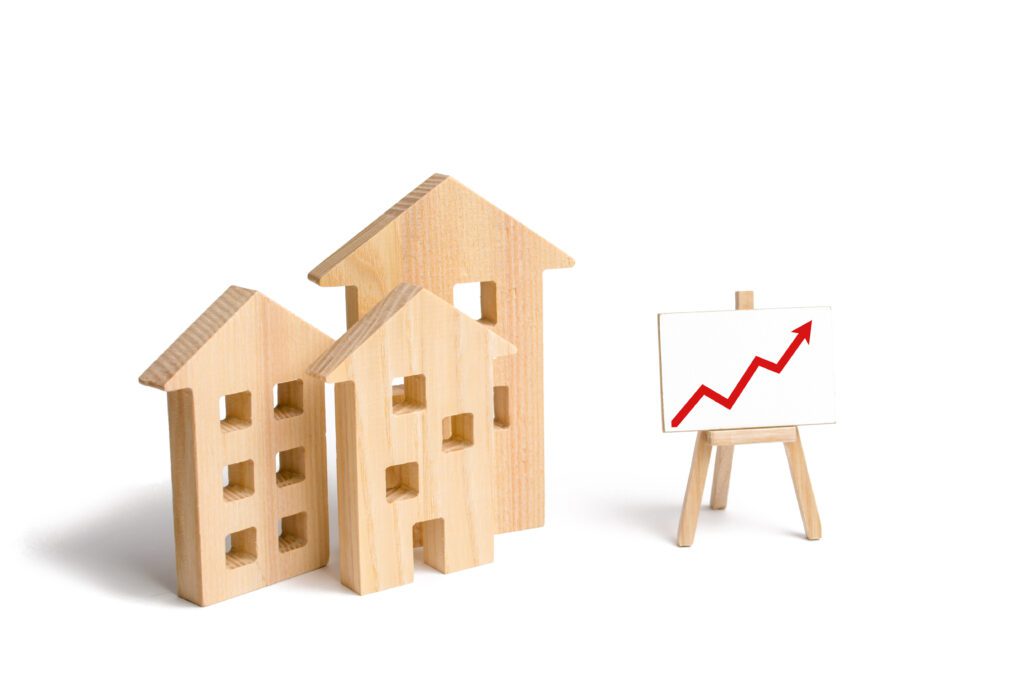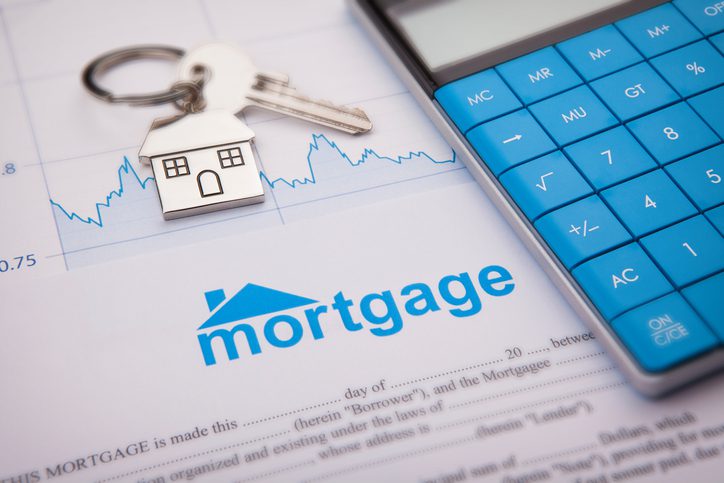Invest in Alberta
Is it a good idea to buy houses and rent them out?
March 20, 2023
Having a home of your own is one of the top priorities for most of us—but is it financially better to rent or buy a house? Both options have their benefits and drawbacks. The decision to buy or rent a home really depends on your own personal needs, lifestyle, future plans, and financial stability.
If you choose to buy, a home is a great way to build equity, especially if you plan to own your property for several years. Houses are a great investment because they increase in value over time. As the mortgage loan decreases, your savings increase. Owning a home also provides a stable place to live.
You can also rent out your home if you don’t want to live in it. Renting part or all of your house is a great way to supplement your income and offset the costs of homeownership. Whether you rent a room, a basement suite or the entire house, the extra income can go a long way towards helping you pay down the mortgage and other expenses.
If you are buying a house to rent out, there are many things to consider before putting up the For rent sign.
Before You Rent
Before renting your house, book an appointment with your insurance company and financial lender. Financial institutions view rental properties as riskier investments so some lenders put clauses in the mortgage contract stating the home must be owner occupied. Renting your property can also affect your insurance coverage.
Failing to inform your lender and insurance agent you are buying a house to rent out is occupancy/ mortgage fraud. To avoid complications when renting your home, talk to your mortgage consultant and insurance agent to make sure you are legally and financially covered.

Financial Benefits
Is renting out a house worth it financially? Leasing part or all of your home to an outsider is a great way to increase your own personal finances. The rent you collect can go towards paying down the loan, insurance, and maintenance bills while you keep your own income. As the mortgage and regular payments decrease, you have more freedoms and saving opportunities with the rental income.
Down Payments and Interest Rates
Buying a home to rent will cost you more in upfront expenses. If you are buying a home to rent out you will need to pay a minimum down payment of 20%. Many lending institutions and insurance companies also charge higher mortgages, interest rates, and premiums on rental property to protect themselves. If you want to rent even part of your home out, discuss your mortgage and insurance options with your agents first to make sure you can cover all the expenses.

Have a Backup Plan
If you don’t have tenants living in your rental home, you are responsible for all the mortgage and maintenance expenses. Having a backup plan and savings in place will ensure you can keep up the payments on your house when you aren’t renting it.
Live in Now, Rent Later Option
If you are planning to live in your home and rent part of all of the home later you need to know how long after buying a house one can rent it out. In Canada, if you are planning to occupy your home first, you must live in it for at least 12 months before renting part or all of it out.
Know the Area
Renting in an area you are unfamiliar with can be risky. Before buying a rental home, do your research.
Make a Lease
You can’t always control how a tenant will treat your home so it is important to protect yourself legally. A lease can help do just that. Leases are legal contracts signed by you and your tenants. A lawyer can help you draft a proper lease so your rights, as well as your tenants, are protected.
Homes are great investments. Whether you choose to live in your home or rent all or part to someone else, buying a home is one of the best and easiest ways to build equity.
